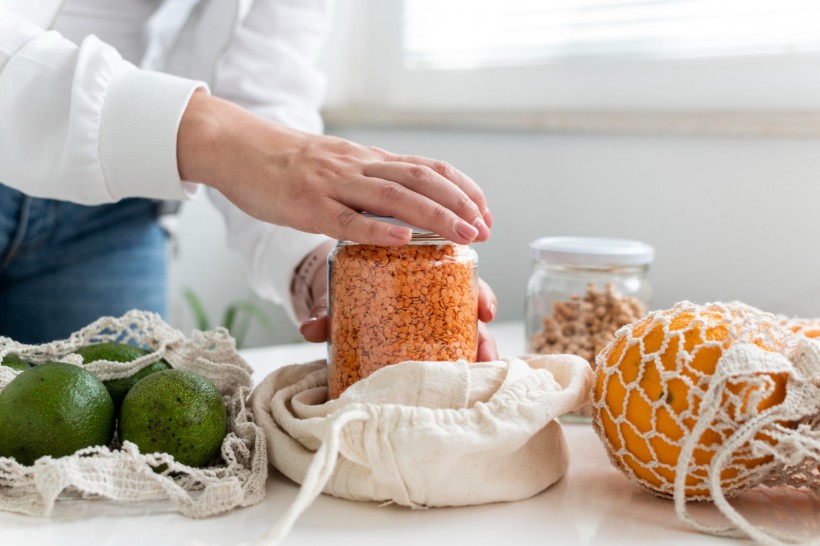Adopting a "zero-waste" lifestyle can sound very challenging. But in reality - it just means making small changes that lead to less waste in your household.
We are facing major climate changes. Global warming is eliminating our water resources and destroying biodiversity - as well as soil and air quality. And while we all tend to think that we as individuals can't do much about it, research says otherwise.
According to the U.S. EPA, more than one-third of the U.S. food supply is not consumed, resulting in a "waste" of resources including:
•water
•pesticides
•fertilizers
•energy
As the global population rises, "reducing the per person environmental footprint of food production will be essential to the sustainability of the planet", U.S. EPA research suggests.
This is where we can all contribute and make a difference - in our homes, kitchens and gardens.
How to go zero-waste with the 5R's concept
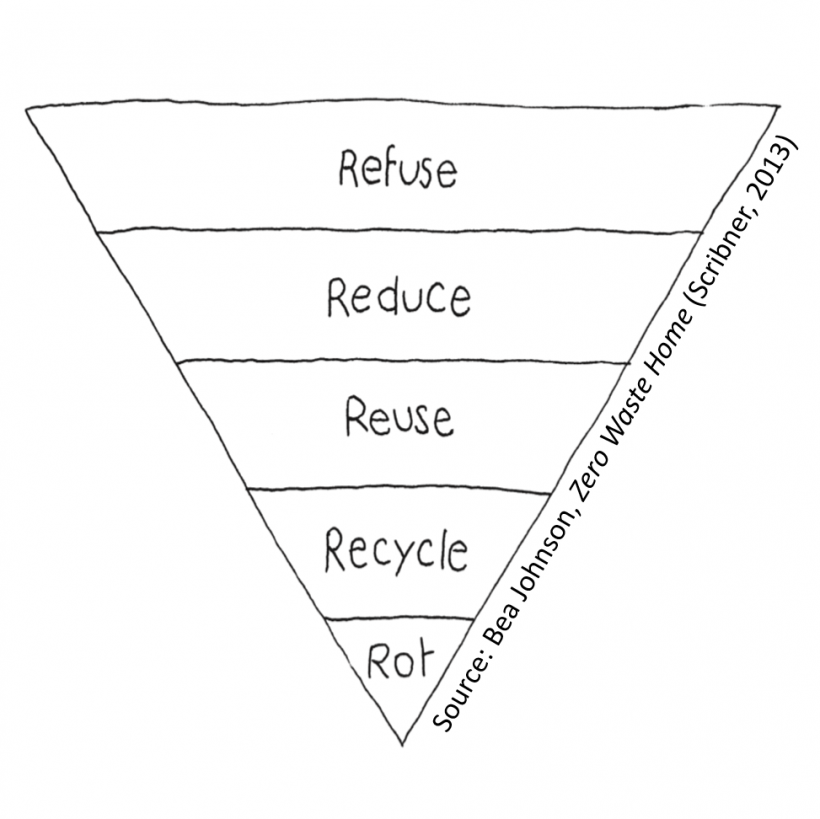
The majority of people are familiar with the three R's concept (Reduce, Reuse, and Recycle). The new and upgraded concept added Refuse and Rot to the equation.
Why? Because by implementing these two additional R's you can cut down your impact on the environment even further.
1. Refuse
Refusing to create waste is the most important step in the "zero waste" concept. The first thing to do in the fight against waste is to refuse what we don't need. And we have to admit - that can be hard.
Luckily, there are plenty of ways we can make a difference:
•Unsubscribe from leaflets that retail chains insert into your mailboxes, and select e-statements for your bank, credit card, and other providers;
•Ditch single-use plastic items and replace them with either reusable or biodegradable ones;
•Start using products that are long-lasting and made from materials that last, such as stainless steel. You can also use glass or plant-based materials that are easily composted.
Another simple thing you can do to support the "zero waste" concept is to refuse plastic bags when they are offered in stores or at markets!
2. Reduce
It's simple: we need to reduce our consumption because the Earth has limited resources that we continue to spend faster than we can regenerate. Here are some actionable ideas:
•Try to determine how much you need the things you want to buy and whenever possible - buy them second-hand instead
•Check your closet and garage to see if there is anything you can sell or give away. Maybe something you find is completely unusable to you, but somebody else will have a purpose for it. By getting rid of unnecessary things you will have more space for yourself and probably feel better.
•Reduce packaging. Buy products in bulk and bring your own reusable bags when shopping.
•Reduce car use and walk or cycle whenever possible. It's good for your health and the environment!
•Use local, reusable or natural materials. You can start a vegetable or herb garden to grow your own, pesticide-free organic food - and reduce your environmental footprint of food production. Can't get more local than your own yard!
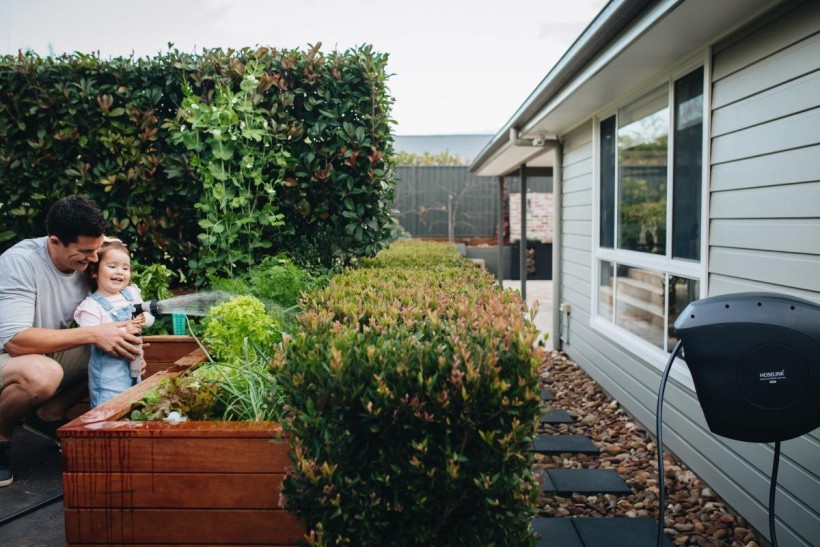
Another option that might be harder to implement - reducing toilet paper usage. It takes 37 gallons of water to make a single toilet paper roll! Plus, they're made of softwood pulp, so they also contribute to deforestation.
When shopping - be that food or other items - always think about where these things came from and try to buy items that are made locally. Reducing transport is one of the crucial things in a zero-waste way of life.
3. Reuse
Reusing is not the same as recycling. Recycling is the processing of separately collected waste into a new form while reusing means using the product in its original form for the same or a new purpose.
In this way, you can extend its duration before it becomes waste, and thus save resources that would have to be invested in recycling or disposing of that product.
By reusing products, we reduce the amount of produced waste, we have a positive impact on the environment and nature and save ourselves money in the meantime.
You can:
•reuse various packaging - glass jars are great for so many versatile uses, you can use them to pack leftovers or store dry goods. They can also serve as regular cups for all your cold drinks.
•donate, give away or exchange used clothes and shoes, books, or anything you don't need and is willing to give away. You can start a Facebook group for your local community or arrange a book swap with your friends. It's important to learn how to donate your clothes in an ethical as sometimes when you donate your clothes can end up being sent abroad, or worse - still ends up trash.
•repair furniture, electronic equipment, small household appliances, white goods, etc. It's often more affordable, and certainly more environmentally friendly than buying new things when old ones break.
•start thrifting - Fashion is another sector producing significant water and chemical waste. Did you know making a single cotton shirt takes 2,257 gallons of water!? Thrifting and mending clothes go a long way to keeping your environmental footprint smaller.
4. Recycle
Recycling is better than dumping trash in landfills. But recycling comes with a cost. This process takes energy too: when the factory is recycling plastic or metal, the factory is using energy and producing gas emissions we want to avoid.
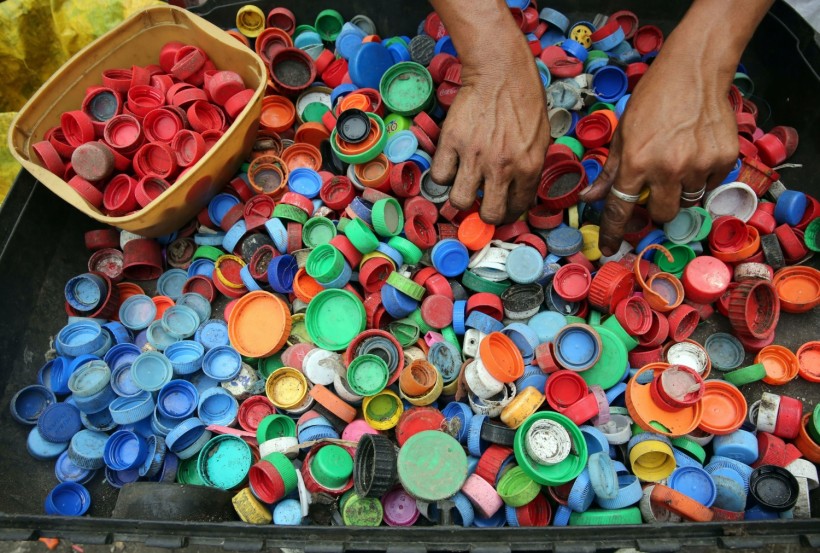
So, even though you are doing the right thing in organizing waste into different bins, recycling is a last resort for the items you aren't able to refuse or reuse.
5. Rot
The of the 5Rs is Rot, meaning that you can create a valuable resource from your household waste by composting.
Composting is a natural process of decomposition of organic material. This process of recycling organic, or "bio-waste", produces the most environmentally friendly organic fertilizer - and that is compost.
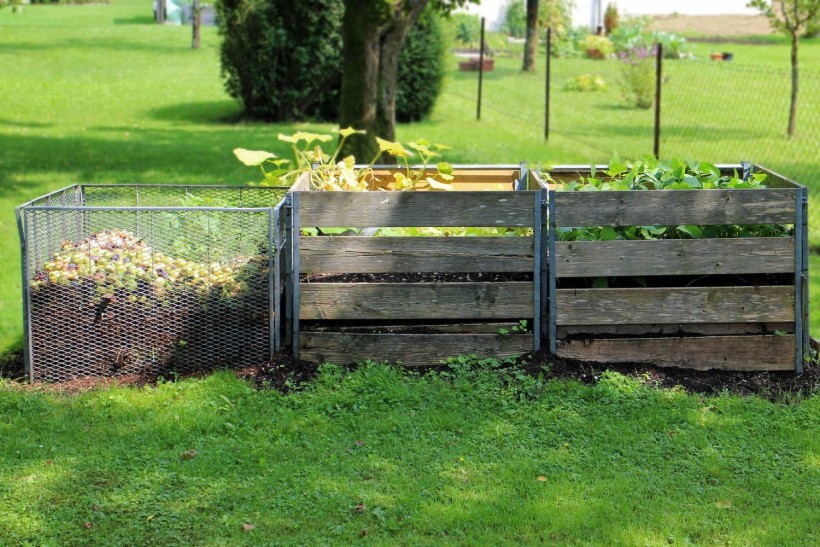
By composting, we solve the problem of organic waste from the kitchen and garden, and at the same time, we get high-quality organic fertilizer that will enrich the soil in the garden.
The enriched soil will greatly strengthen the plants, which will therefore be more resistant to pests and diseases. Food grown without the use of chemicals has better quality and has no harmful effects on human health.
Composting is the ultimate win-win where the environment, your home, and your wallet all benefit!
Wrapping up
Going zero-waste can clearly help in preserving our environment. There are plenty of benefits for you too, with money saved and the knowledge you have done your part.
By cutting down on unnecessary spending, embracing homegrown food, and finding ways to reuse, you will see the benefits for your wallet in no time!
Whatever your reason to go zero-waste, you will find plenty of ways to help to make our planet sustainable for many years to come.
_______________________________________________________________
Annie Morton is an avid nature lover from rural Australia. After some international adventures, she settled in New York City. If you have some questions about Hoselink Retractable Hose Reel she is the person to talk to.
© 2024 NatureWorldNews.com All rights reserved. Do not reproduce without permission.
* This is a contributed article and this content does not necessarily represent the views of natureworldnews.com
